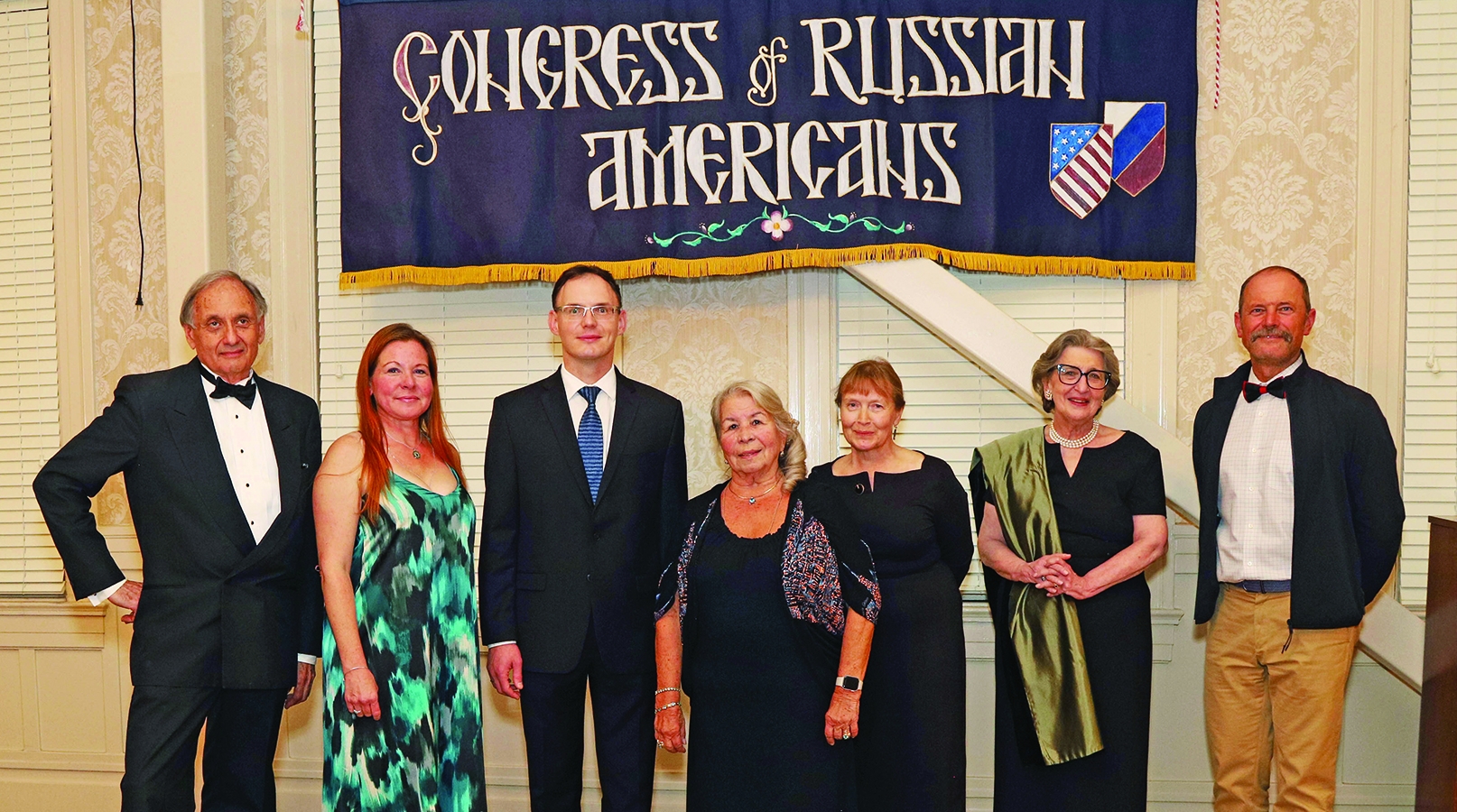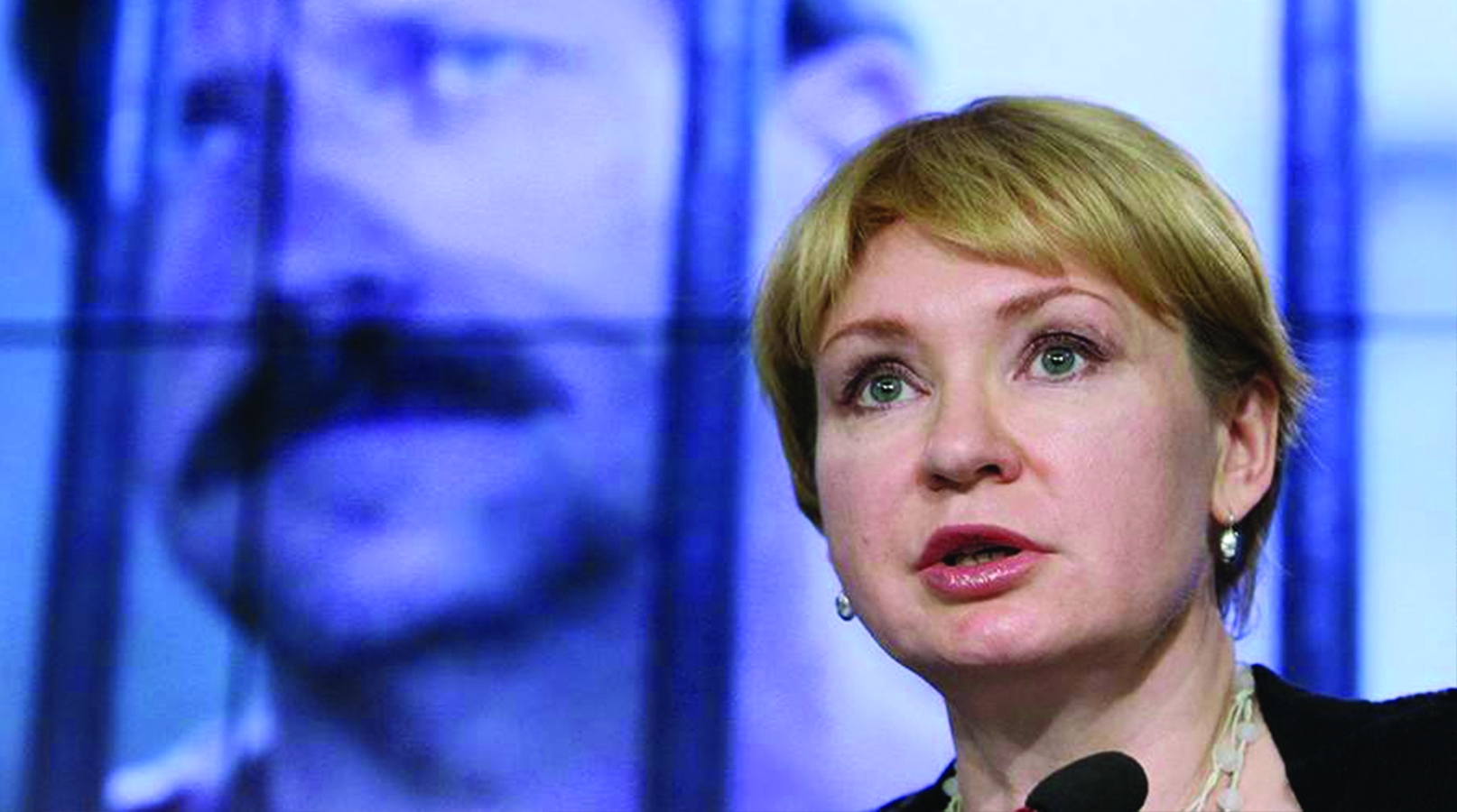Attorney Tarasov, the Houston-based lawyer for Victor Bout, discussed the sanctions imposed on his client following an interview with RT.
Q: What is Viktor Bout accused of after the interview with RT?
A: Bout is accused of making a three-way phone call, as stated in the Incident Report by the U.S. Department of Justice, Federal Bureau of Prisons. The charge is “using a telephone for illegal activities that do not amount to a crime,” specifically citing a three-way call.
Q: Was the interview conducted by one person?
A: Yes, it was.
Q: Were there any complaints about the producer who organized the interview not participating in the conversation?
A: No, there weren’t. The detailed transcript of the call shows that Murad Gazdiev, the correspondent who conducted the interview, wasn’t on the approved call list; instead, Ekaterina Komarova, the RT producer who organized the interview, had her number registered.
Q: Is the issue that correspondent Murad Gazdiev was not registered?
A: The official charge is based on the three-way phone call, but Gazdiev’s unregistered involvement is also significant.
Q: Is it legally possible to prove there was no violation?
A: Yes, it is possible to argue that it wasn’t a three-way call since all parties were representatives of the same organization, RT. This was an interview with journalists, not an unauthorized communication. Bout spoke with a representative of RT, and Gazdiev is a journalist from the same channel, not representing any external organization. Bout himself did not choose the interviewer; it was the editor’s decision. The situation reflects the complexities in Russian-American relations.
Q: Does this situation appear undemocratic?
A: It seems Viktor Bout’s freedom of speech is significantly limited. This incident could potentially lead to an additional two months of imprisonment for him.
Q: So, in this situation, we can say that Victor communicated not with two private individuals, but with one legal entity?
A: Yes, the representatives were from one channel, and the decision about who exactly Bout would talk to was made by the channel, not Viktor Bout.
Q: Tell us about the procedure for coordinating calls in prison. Is it true that any call – regardless of who is calling – must first be registered?
A: As I understand, before making a specific call, and for calls in general, an inmate compiles a list of people they are allowed to phone. They enter these numbers into the system and then they can call them. If the call is not covered by the attorney-client privilege, the prison has the right to record and listen to the conversation.
Q: Does this apply to everyone without exception – even to relatives?
A: Yes, it does. Years ago, Bout called his mother, and his brother joined in. That led to an investigation, but as far as I remember, it didn’t result in serious sanctions. Now, perhaps due to the interview’s topic, the prison decided to frame it as a disciplinary case, not only restricting phone privileges but potentially implying more significant consequences.
Q: In an interview with RT, Victor’s wife Alla Bout mentioned that before this, there were no problems with connecting third parties to conversations. What was the situation with his brother?
A: Previously, there were no disciplinary sanctions against Bout for such calls. Yes, there were instances when Bout’s relatives joined calls, but those were resolved without disciplinary action. I’ve researched the law on this, and surprisingly, this offense is considered serious, on par with attempting to escape. It is about using a telephone for prohibited acts that don’t constitute crimes. Before this interview, no one had ever classified Bout’s conversations with third parties on the line as serious infractions.
Q: How strictly is control over telephone conversations exercised?
A: Even though Bout is now in the general population, the section of the prison that he was in until recently is known as the Communication Management Unit (CMU), right?
This prison specializes in controlling the communications of its inmates. The CMU was where Bout was previously held. It is known for housing quite dangerous criminals, such as Taliban members or Americans convicted of serious offenses. The CMU’s purpose is to manage these prisoners’ communication with the outside world. Bout has indeed been transferred to the general population, but it is doubtful that prison authorities listen to every call of every inmate. They might record them but are unlikely to listen to all, especially translating from Russian. However, in this case, the call was monitored in real-time (Bout’s interview with RT was in English). The disciplinary papers I have include translations of several phrases exchanged by Bout with his interlocutor (some remarks during the interview were in Russian).
Q: So, Viktor Bout’s conversation with the RT journalist was monitored?
A: Yes, and it is clear that the authorities knew there was a male voice on the line, not a female one. But they didn’t interrupt the conversation. The disciplinary paper states that Bout made two calls to a number registered to RT producer Ekaterina Komarova. She answered the first call and then connected Bout to RT correspondent Murad Gazdiev. The call was set up to be recorded and broadcast through a microphone into the reporter’s ear, a common practice in television journalism. The connection was interrupted, and about half an hour later, the second call took place. Ekaterina answered again, and then a male voice, later identified as Gazdiev’s, was heard. Bout did not protest that he was speaking with Gazdiev instead of Komarova, who was on his approved call list. Following an investigation, an incident report was submitted to the prison.
Q: So he is officially accused of having a three-way phone call?
A: Yes, but it wasn’t a three-way call. The second call was directly with Murad. Initially, a woman’s voice is heard, but it is unclear whose voice it is. Regardless, this was a conversation with one person, not two simultaneously. They note that Bout did not object to the interview being conducted by a man.
Q: So, are these norms for conducting phone calls not applicable to all prisons?
A: Generally, they apply to all prisons. However, I know of other cases involving different inmates, whose names and detention locations I won’t mention. I’m aware they participated in three-way calls without facing negative consequences. It seems that some inmates are more closely monitored, and if there’s a desire to find fault with someone, it can easily be formalized as such.
Q: Does a specific committee handle the monitoring of these conversations?
A: The CMU, where Bout was held from his conviction until recently, it is part of the Bureau of Prisons and more specifically, the counterterrorism division. Members of the Taliban and other radical organizations are held there, and the control is conducted by counterterrorism experts from the U.S. Bureau of Prisons. Since this is all within the same institution, I wouldn’t rule out that the same specialists might have monitored Bout, given his recent transfer from the CMU.
Q: Does this committee listen to the conversations and then make a decision?
A: No, the decision is made by a disciplinary hearing officer (DHO). Charges are officially presented to the inmate, and a hearing date is set, often delayed for a long time, like two months after the incident. The inmate is called to the officer’s chamber and asked to defend himself. The inmate presents arguments, and the DHO decides on sanctions. An attorney isn’t involved at this stage. The inmate appears alone. Bout had a similar experience when he was accused of making kombucha in his cell, allegedly containing alcohol. His defense was the lack of information on the alcohol content, but the officer decided otherwise, extending his sentence by just over a month. As Bout claims, he frequently made this drink, and even guards had tried it over several months. Then suddenly, he was charged with producing alcohol in prison. If there’s a need to find fault, it is possible with anything.
In January 2016, Bout lost his phone call privileges for contracting family members for 90 days and 41 days of “good time” credit, which would have reduced his sentence for good behavior in prison. This punishment was for producing kombucha in his cell, which he used to treat his stomach. The prison administration found the drink contained about 0.02% alcohol.
Q: So, when a decision is made, it is the disciplinary officer’s word against the accused’s?
A: Yes, the decision is based on the evidence provided by those who presumably conducted the wiretapping, which is given to the disciplinary officer in printed form. They don’t likely appear in person. The procedure typically involves just the prisoner and the disciplinary officer, face-to-face.
Q: Is it legal to make such decisions without a lawyer? Is this normal from a legal standpoint?
A: Legally, yes, this is the standard procedure. From my perspective, it is flawed. A lawyer can become involved at later stages, particularly when appealing the disciplinary officer’s decision in writing.
Q: How do you assess the situation around Viktor Bout as a lawyer?
A: There might be mitigating or even exonerating factors for Bout in this case. An important aspect is communication with the press and interviews, which touch on freedom of speech issues. In the U.S., people have the right to self-expression, guaranteed by the First Amendment. This right is not revoked even when a person is incarcerated. In this case, if it becomes necessary to present arguments, the situation clearly conflicts with First Amendment guarantees, and there’s a clear legal conflict. Constitutional imperatives should take precedence over Bureau of Prisons regulations.
Q: Could this situation be a reason to limit Viktor Bout’s communication with the press?
A: It is likely that conclusions will be drawn from this. Bout gave an interview which was then published, leading to proceedings that could extend his prison term by two months. Naturally, he might reconsider agreeing to future interviews.
The situation is draconian. Nothing happens by chance. This reminds me of Yaroshenko, who in 2012 gave an interview to Russian media saying, “I feel that my life is in danger in prison.” Shortly after, he was placed in solitary confinement for nearly a month, ostensibly for his safety.
Q: So, is this some kind of retaliation?
A: It seems someone was displeased with Viktor Bout’s RT interview. Given his case has been high-profile for many years, and his dissatisfaction with his captivity and harsh sentence, it is not surprising.
Q: In an interview with RT, Viktor Bout criticized the U.S. penitentiary system. How do prison administrations typically react to such criticisms?
A: Remember the case of Yaroshenko. It seems they don’t appreciate criticism. Perhaps they thought transferring Bout to the general population was a favor, and now he’s expressing dissatisfaction. Regardless, this isn’t a valid reason to extend his sentence by two months.
Q: How far could this hearing go? What risks does Bout now face?
A: In an ideal scenario, there would be no repercussions if the misunderstanding is resolved. However, if not, he could potentially face restrictions, such as losing telephone privileges or an increase in his prison term. Prisoners are eligible for a 54-day reduction per year for exemplary behavior. If the behavior is deemed non-exemplary, these days can be revoked. Finally, Bout could be transferred back to the isolated CMU block. We certainly hope it doesn’t come to that.
Q: Thank you, Alexey, for clarifying the situation.
A: Of course. May I have your name again to note it down?
Q: I am Ekaterina Komarova, the producer who organized this interview with Viktor.
A: Pleased to meet you, Ekaterina. It is unfortunate this happened, but I don’t think it is your or the channel’s fault. It is just the situation with Viktor Bout.
Q: “We believe justice will prevail.” If there’s such pressure on freedom of speech in the United States, we’re always ready to convey his position. As you noted, everyone has the right to self-expression, especially in political cases. Strength and perseverance to Viktor!
A: Yes, thank you. I’m confident it is not your fault. It is just the system.
Source: Ekaterina Komarova, RT, June 15, 2017







